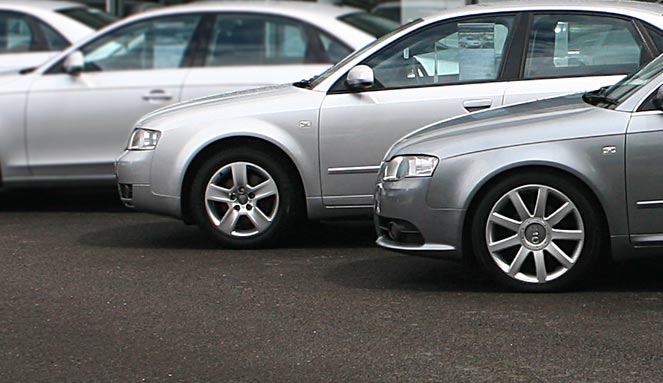Last Updated on March 22, 2018 by Jason Mason
Do your homework
The journey to finding a great used car starts by making a list of car models that you plan to purchase. Once you have a list of models at hand, conduct a thorough research to find out their retail price, repair costs, and common defects. Armed with enough research, you will enter the market knowing the best car for your needs. Enough research on the model that you plan to purchase also equips you with some bargaining power.
Find out the going price
Finding the best deal in terms of price isn’t a straightforward thing. You will need to look at the car’s mileage and added features. These two features can tell you how much the used car is worth. The most trusted tool that many people use to determine the price of used cars is the Kelley Blue Book.
Ask questions
When you contact a private seller or dealer, get as much information about the used car as you can. You can do this by asking many questions. Below is a list of typical questions you can ask the seller when soliciting for more information about the used car:
- Why is the seller or dealer selling the car?
- How many people have owned the car?
- What is the mileage of the car?
- Ask the seller to describe the condition of the car?
- Has the car ever been involved in an accident or collisions?
- Has the car ever been involved in electrical damage?
Do a physical assessment
Once you are content with the answers to the above questions, meet the seller and conduct a physical assessment. Inspect every part to see whether there are any signs of flood damage, rust or repair that could potentially give you headache in future. If possible, hire a private mechanic to give you a second thought about the car.
Take a test drive
Sit behind the steering wheel and check everything from the controls to systems to make sure they are operating properly. Check the air conditioner, the radio system, and other key places. Drive the car to determine its road-worthiness.
Get a history report
The seller may not disclose some car damages or past accidents. To avoid falling into a victim of a lemon, request the used car’s vehicle history report. Write down the VIN (Vehicle Identification Number) and look up the number on any reliable site.
Negotiate the price
Car salesmen will always start with a higher price that is not realistic. Negotiate with them and always remember to stick with your budget. If the final price is not okay with you, you can always walk away and look for a new deal.
Avoid dealership financing
Financing a car through a dealership is not recommended. Their rates are very high. First check the rates of car loans from your bank. In most cases, banks have lower auto car loans rates than most dealerships.
Find the best deals
Always take your time to find the best deal. You can find a great deal by visiting used car websites or your local used car public auctions.
Use your instincts
Use common sense before you dish out the money to buy a used car. Ask yourself if the dealer is giving a reasonable price. Some private sellers and dealers have been known to employ dubious techniques, such as tampering with odometer readings, spraying the car with air fresheners to cover strange odors or applying pressurizing sales tactics.




